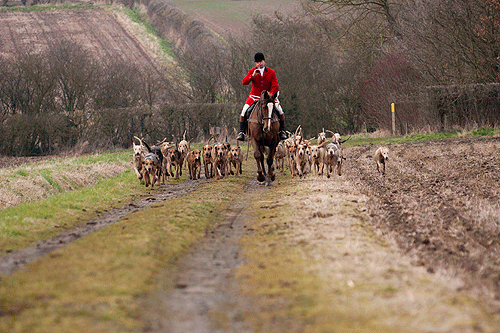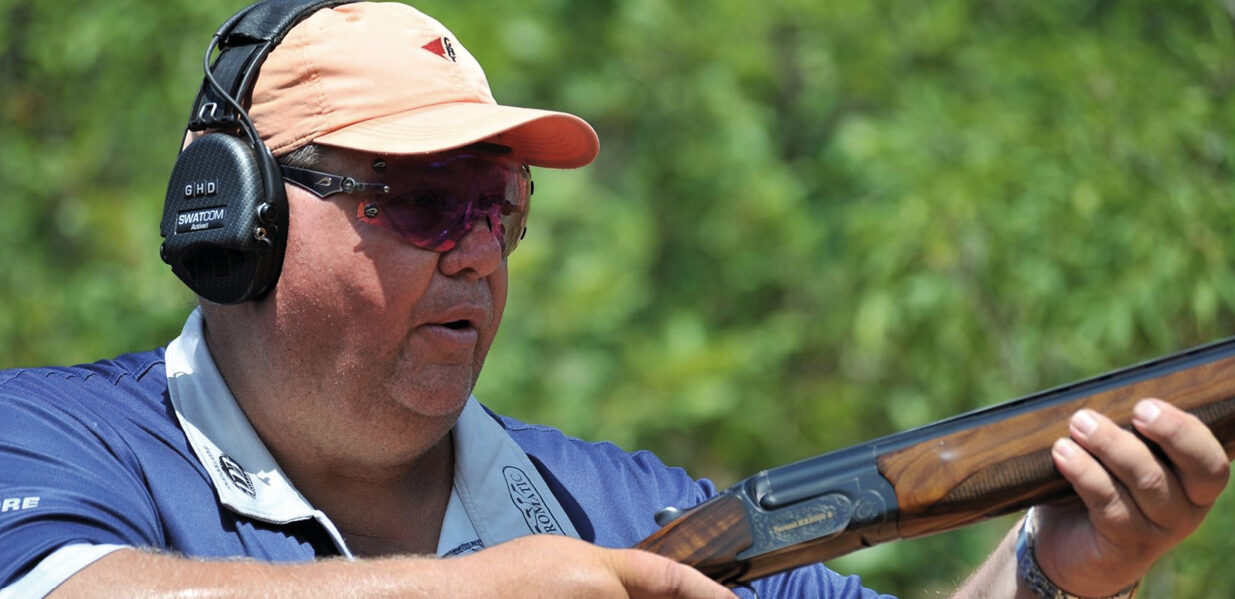Why the RSPCA charges into court

The RSPCA was stung by the media and public reaction to its £327,000 prosecution of a hunt in Prime Minister David Cameron’s constituency last December. Opinion polls showed the charity’s reputation was seriously dented by evidence of politicisation and profligacy with public donations (News, 30 January).
But before the case against the Heythrop Hunt concluded, the RSPCA had launched three further prosecutions involving hunts, each one of which highlights abuses of the criminal justice system. This supports the argument that the RSPCA cannot be allowed to continue to act as a massive criminal prosecutor without any scrutiny or regulation.
The first case to reach court involved farmer Keith Watson, who is a supporter and terrierman for the Cheshire Hunt. Mr Watson was accused of interfering with a badger sett. The RSPCA, however, was not happy just prosecuting Mr Watson: it also went after his partner and 18-year-old daughter, who were present. Why would it do this? Some lawyers who defend RSPCA cases suggest excessive charging, especially of family members, is a tactic designed to elicit guilty pleas.
Imagine you have been charged with an offence which other members of your family were also involved in, however marginally, and they have been charged, too. You are innocent but the prosecution could last for months, even years, cost a fortune, and then you and your loved ones will have to go through a trial. Then your lawyer tells you the RSPCA will drop the charges against your family members if you plead guilty. What do you do?
Keith Watson stood up to the RSPCA with the support of his family, though it was particularly difficult for his daughter, Hannah, who was in her A-level year at school. The legal process ground on, experts produced reports, but by the time the case came to trial two things were clear: there was little evidence that the alleged badger sett was active, but more importantly there was no evidence that Mr Watson had illegally interfered with it. After a year of legal activity, it took just one question from the district judge and half an hour in court for the RSPCA to admit the prosecution was unsustainable.
We will never know how much money the RSPCA wasted on this case, but the taxpayer had to meet the Watsons legal costs, which were well into five figures.
At about the same time that the RSPCA started its prosecution of the Watsons, it charged two other men, Brian Nuttall and Justin Schofield, under the 1973 Badgers Act. The men, who had been assisting the Cheshire Forest Hunt with exempt hunting in March 2012, were investigating an area of rabbit holes, brash and rubbish for foxes. Brian Nuttall’s terrier went missing and he spent the next week searching for it (News, 1 May).
It was only when the RSPCA contacted Mr Nuttall and Mr Schofield and the police then executed a warrant to search their houses that it admitted it had the dog. Two self-appointed “monitors” had taken her and then provided video evidence and statements to the RSPCA which they claimed was evidence of interference with a badger sett.
The characteristic factor in this prosecution was that Brian Nuttall is 79 years old. Of course, the law is the law however old you are, but the Crown Prosecution Service is certainly less likely to prosecute elderly people, especially for minor offences.
The RSPCA has no such qualms, and several years ago I had the unpleasant experience of attending a trial where it prosecuted an 80-year-old widower and 77-year-old spinster for coursing offences. It was quite clear to everyone involved that the two had acted in good faith, though they were misinformed, but that did not stop the RSPCA’s barrister cross-examining 80-year-old Les Anderson for two-and-a-half hours while the head of its Special Operations Unit, Mike Butcher, sat smugly in the back of the court. The judge in that case gave the pair a conditional discharge, which is as close as he could get to saying that the whole thing was a waste of time. As far as the RSPCA was concerned, it was a “successful” prosecution and a victory for animal welfare.
Targeting the elderly
As with over-charging family members, defence lawyers suggest that prosecuting the elderly is a tactic designed to generate guilty pleas and boost the statistics for successful prosecutions of which the RSPCA is so proud. The motivation for fighting a prosecution is bound to be seriously reduced if you are of an age where a conviction will have little or no impact on your life. If your job, future career and income are on the line as a result of a prosecution, you will fight it tooth and nail.
Thankfully Brian Nuttall had no intention of folding, and he and Justin Schofield fought the allegations. The evidence again showed that the area in question was not a badger sett — in fact, the nearest active sett was 60m away — and that there had not been any interference. This time the RSPCA tried to cover up its failure by dropping the case at a pre-trial hearing nearly a year after the alleged incident, again at huge cost to itself and the taxpayer.
The third prosecution involved the Avon Vale Hunt in Wiltshire and highlights the unhealthy relationship between the RSPCA’s investigation, prosecution and political arms. In March 2012, two members of a hunt were involved in what they admitted from the start was a foolhardy and illegal attempt to rescue a dog from a badger sett. But this was not enough for the RSPCA. It wanted a show trial and decided to launch a 2004 Hunting Act prosecution as well.
The problem was that there was no evidence of anything being hunted, or anyone doing any hunting, so the RSPCA sent its officer, and on the last occasion a barrister, to take statements from the primary witness on five separate occasions. It was only in the fourth statement, taken more than six months after the incident, that the elderly witness remembered seeing hounds chasing “something”. In the fifth, he identified the huntsman as being with the hounds in a “red coat”. Eventually, the RSPCA had to admit defeat in this case as well, so was saved the job of explaining the dozens of pictures taken by a hunt photographer that day which show the huntsman in question wearing a black coat.
Over-charging, targeting the elderly and political prosecution: these are three examples from the past few months of the RSPCA’s abuse of the criminal justice system, but this is just a drop in the ocean. Most defendants do not have the support and determination of the Watsons’, Brian Nuttall and the Avon Vale Hunt. The RSPCA is probably the second biggest criminal prosecutor in the country, bringing thousands of cases every year. It is worrying to think how often the RSPCA’s tactics might work to produce a miscarriage of justice.








